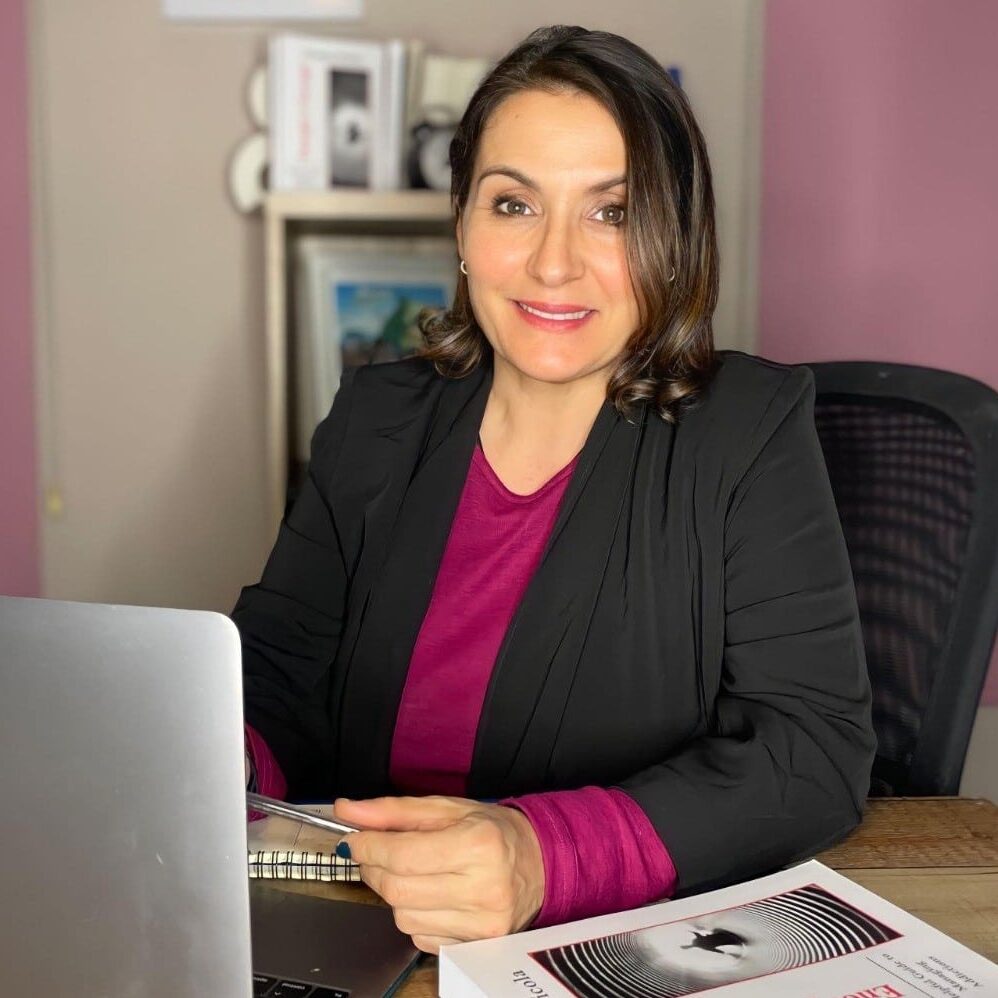A spiritual guide to discernment
There are moments when clarity reveals the true nature of those around us. Not everyone is meant to uplift or support us; some are here to test our hearts, challenge our discernment, and show us where to place our energy. Ignoring these signs can cost us our peace, joy and spiritual growth.
Our compassionate hearts naturally compel us to help. Yet not everyone is ready to receive help, and not every act brings respect. Some seek comfort, not transformation. Helping such people can drain us, leaving us caught in their struggle.
Help without discernment
Giving without discernment can unintentionally fuel harm. Supporting those who cling stubbornly to destructive patterns is like handing fuel to a fire rather than water. True love and compassion involve both generosity and wisdom. Sometimes, the most loving act is not to give but to guide, to step back, and allow natural consequences to inspire reflection. Distance, though difficult, can serve as a powerful catalyst for change. When someone can no longer rely on unwavering support to avoid the consequences of their actions, they may finally pause, reflect and turn toward a path of true healing.
Love without wisdom is fragile. Saying “no” when continued help only enables harm is not cruelty – it is protection, both for others and for ourselves. Spiritual discernment requires recognising when kindness is doing more harm than good. If our generosity strengthens the chains of destructive patterns rather than leading to growth, stepping aside is not rejection.
The ungrateful
The ungrateful are those who receive without acknowledgement. No matter how much time, effort or love we give, it is taken for granted. Gratitude is more than manners; it is a reflection of the soul. A heart that cannot recognise good will slowly harden, leaving no space for appreciation or transformation.
When someone fails to show gratitude, it is not merely discouraging – it can be spiritually corrosive. An ungrateful person rarely changes while abundance is handed to them; only when their comforts are withdrawn do they begin to understand the value of what they once ignored. Setting boundaries with the ungrateful is not selfishness – it is protection. By pausing our giving, we create space for them to confront their entitlement and learn the power of appreciation.
The exploiter
The exploiter is a master of manipulation. Their words may charm, their demeanour may seem friendly, but their heart seeks only gain. Exploiters thrive on others’ generosity, using kindness as a means to an end while contributing nothing themselves.
Exploitation is subtle. Small favours become expectations, and expectations grow into unrelenting demands. Each “yes” we give can slowly drain our vitality, leaving us depleted. The exploiter thrives on guilt, fear, or obligation, turning compassion into a tool for their advantage.
True spiritual wisdom calls us to recognise exploitation early. Giving should uplift both giver and receiver; when it leaves us empty and resentful, it is no longer love – it is harm. The courage to say “no” is essential, as is the discernment to step away when boundaries are tested.
The destructive and toxic
Destructive individuals may not always show their intent openly. Often, their toxicity seeps slowly, clouding our environment with doubt, fear and negativity. These people do not build; they erode. Their words wound, their actions divide, and their presence can drain our joy.
Toxicity manifests in many ways: constant criticism, jealousy, fear-mongering, or subtle manipulation. Over time, being around such individuals can distort our perception of ourselves, our abilities and our worth. Spiritual discernment teaches us that distancing ourselves from toxic influences is not rejection – it is preservation. It is a necessary step to maintain a healthy, fertile ground where peace, joy and growth can flourish.
Love with boundaries
Across all these types, one truth remains: love without discernment can harm both giver and receiver. Spiritual guidance calls us to act with both compassion and wisdom, recognising when our presence nurtures and when it enables harm.
The highest form of love is not blind generosity, but the courage to protect our hearts while guiding others toward growth. True love respects boundaries, acknowledges consequences, and inspires reflection. By discerning where our efforts bear fruit and where they do not, we honour both our spiritual mission and the potential of those around us.
Life brings people who challenge our generosity, test our patience, and tempt us to give where it does not serve good. Love generously, but wisely. Protect your peace, honour your boundaries, and give where your efforts bear fruit.






Click here to change your cookie preferences